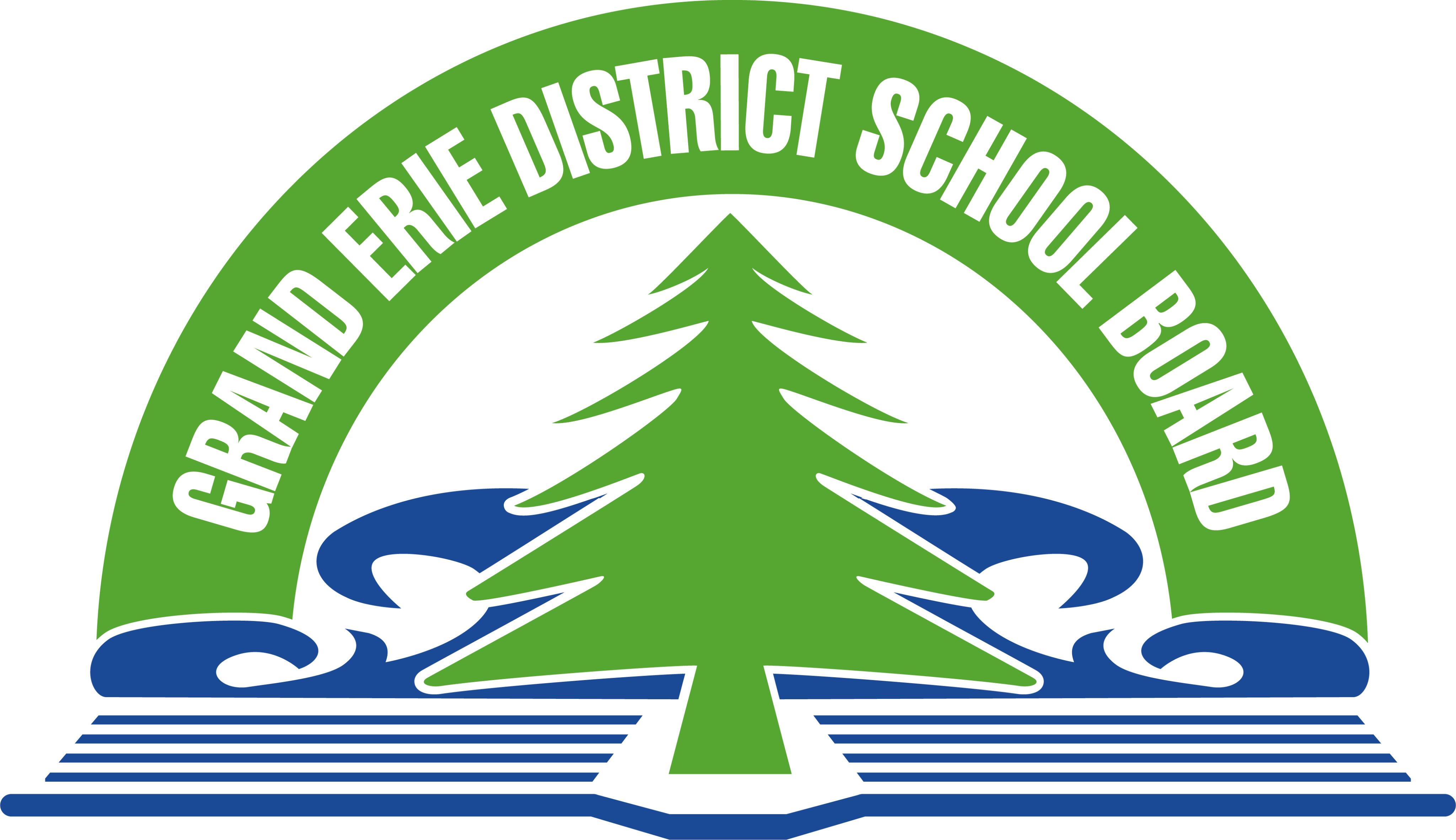About
Co-operative (Co-op) education is a program that allows students to earn secondary school credits while completing a work placement. The program consists of a Co-op course monitored by a Co-operative Education teacher, a related curriculum course and a work placement.
Students can apply two Co-op credits towards their compulsory high school graduation requirements, with no limit on earning optional Co-op credits.
Co-op placements are arranged for students by their secondary school’s Cooperative education teacher. Contact a Guidance Counselor for more information.
What are the benefits of Co-op?
- Be enrolled in high school while observing the world of work.
- See the relevance of classroom learning.
- Earn credits through workplace experience.
- Observe and develop workplace essential skills for apprenticeship and employment.
- Obtain a broader range of career information through observation.
- Observe and be instructed in health and safety procedures in the workplace.
- Experience the world of work through hands-on learning.
- Explore career options.
- Learn more about yourself and work in a specific occupation.
- Make an informed choice of secondary courses toward a future career.
- Gain valuable work experience that will help build a resume for post-secondary programs and future employment.
“It’s easy to get lost in everything, but Co-op gave me the direction I needed,” said a Grand Erie Co-op student.
“My Co-op placement assisted me with making future career plans because it has taught me a lot about myself and what I enjoy doing in the workplace.”
Who is Co-op for?
Experiential Learning
Experiential Learning activities vary in length and commitment from both the student and the employer or community placement.
Experiential learning provides our high school students with a number of beneficial opportunities.
- Job Shadowing allows a student to spend time observing a worker in a specific occupation (e.g. Take Our Kids To Work Day)
- Job Twinning allows a student to observe a co-operative education student in his or her placement.
- Work Experience allows a student to obtain actual experience in the work evironment.
- Co-operative Education (Co-op) courses combine classroom learning with planned work experience within the local community.
The Co-op program is the most common type of Experiential Learning and students can take Co-op as part of their school experience.
Students may also use Co-op credits towards programs such as the Ontario Youth Apprenticeship Program (OYAP) or the Specialist High Skills Major Program (SHSM).

